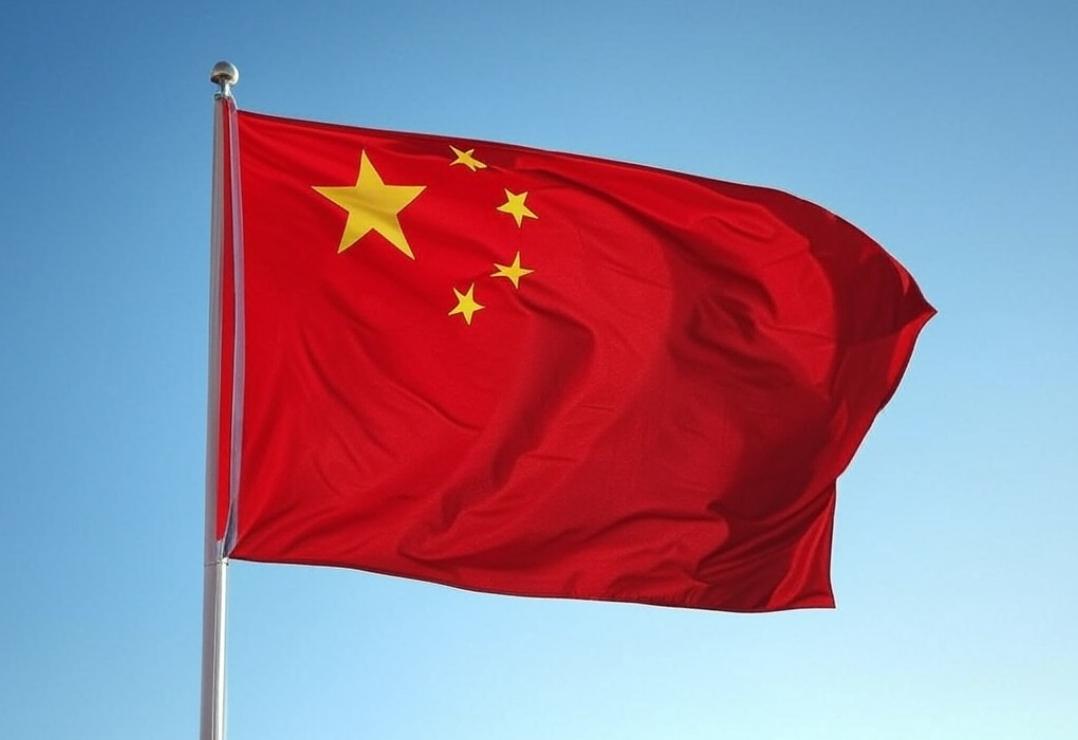
China has taken a firm and uncompromising stand in response to the ongoing trade tensions with the United States, especially regarding the imposition of tariffs. In a recent statement published by Xinhua, the official Chinese news agency, the Foreign Ministry declared that China will continue to take resolute and effective measures to safeguard its legitimate rights and interests. This message not only reflects Beijing's strong opposition to unilateral tariff actions but also serves as a warning that it is fully prepared to retaliate if necessary.
At the heart of this statement lies a deeper assertion: China's right to development cannot be deprived. This powerful sentiment speaks to China's broader ambitions of growth and national rejuvenation. For the Chinese leadership, development is not merely an economic goal—it is a fundamental right tied closely to the country's long-term vision. From lifting millions out of poverty to establishing itself as a technological and industrial leader, China sees these aspirations as non-negotiable. Any attempts, direct or indirect, to hinder this progress through trade barriers or economic pressure are viewed as unacceptable.
In a further step to clarify its position, China has released a White Paper addressing the state of trade relations with the United States. The document criticizes Washington’s tariff policy, stating that the U.S. will not solve its own problems by raising tariffs. This remark highlights what China views as the futility of protectionism and unilateralism in an interconnected global economy. Rather than providing solutions, the imposition of tariffs disrupts global supply chains, increases costs for consumers, and creates long-term instability in trade relations.
Despite its firm stance, China has not closed the door to negotiation. The White Paper clearly emphasizes that China is willing to communicate with the U.S. on important issues in economy and trade. This shows that while China will defend its interests, it still believes in the value of dialogue and mutual cooperation. The dual strategy—assertive defense of national interests combined with openness to diplomatic talks—demonstrates China's careful balancing act in handling the escalating conflict.
The backdrop to this situation is a long-running trade battle that has seen both nations impose tariffs on hundreds of billions of dollars’ worth of goods. While the U.S. justifies these measures as necessary to protect domestic industries and counter unfair trade practices, China argues that such actions are counterproductive and aimed at slowing its rise. These moves have already taken a toll on global markets, causing uncertainty, raising prices, and affecting industries from agriculture to electronics.
As the situation unfolds, the world watches closely. Investors, policymakers, and businesses are bracing for potential long-term implications. The stakes are high, and any further escalation could lead to a full-blown trade war, negatively impacting not just the U.S. and China, but the global economy at large. However, China's recent statements also reflect a cautious optimism—its willingness to engage suggests that diplomacy may still offer a path forward.
Disclaimer:
This article is intended for informational purposes only and is based on credible media sources, including official statements from Xinhua and sensexnifty.com It does not constitute legal, financial, or investment advice. Readers are encouraged to seek independent expert opinions and review official publications for deeper insights and context.




